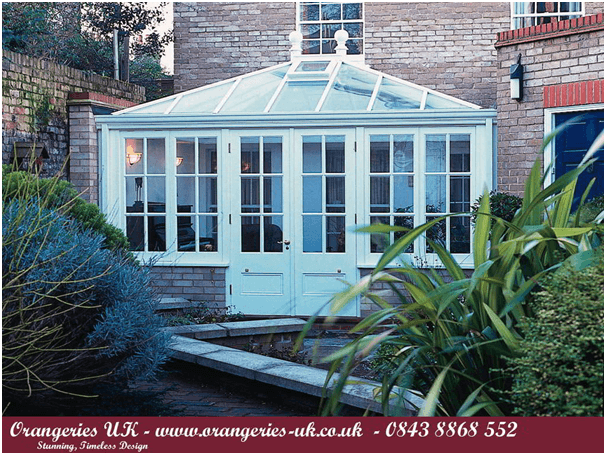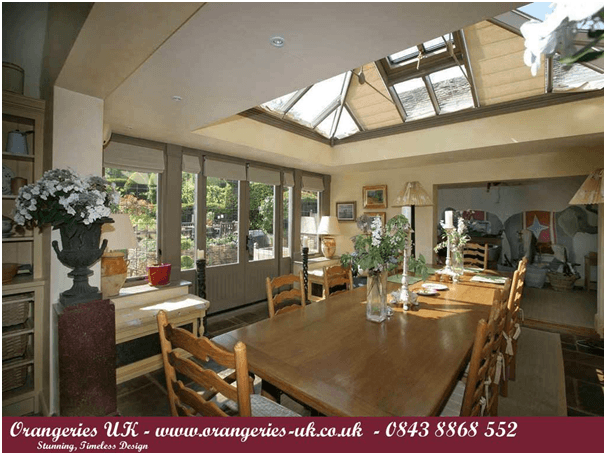What are the best conservatory roofing materials?
If you’re unsure about what type of conservatory roof to choose for your new conservatory, take a look at the following advice from us here at Orangeries UK.
What are the best conservatory roofing materials?
There are many different types of conservatories, each with different styles and, therefore, there is a conservatory to suit most types of properties (as long as the property is big enough of course!).
A large element of a conservatory is undoubtedly the material it is made from and the type of roof it features.
If you’re unsure about what type of conservatory roof to choose for your new conservatory, take a look at the following advice from us here at Orangeries UK.
Conservatory roof facts
– Like the structure of the extension itself, orangery roofs tend to be more solid than conservatory roofs but you can, of course, opt for a solid conservatory roof, where preferred.
– It is important to consider the U Value of your conservatory roof.
– You can choose between a domed conservatory roof and a flat conservatory roof.
Types of conservatory roofs

Glass conservatory roof
Since glass is the main material that makes up a conservatory, many customers do tend to opt for a glass conservatory roof.
The most popular types of glass are as follows:
– Thermally efficient glass
– Self-cleaning glass
– Anti-glare, reflective or tinted glass
But which type of glass is better?
Thermally efficient glass
Thermally efficient glass is a great glass roof option that does not allow heat to escape from the extension.
It is generally made from double glazed glass, filled with gas (usually argon), and it is a popular type of conservatory roof for those looking for an eco-friendly choice.
Self-cleaning glass
Self-cleaning glass features a special surface that means it keeps itself clear of dirt and grime.
Self-cleaning glass features either a hydrophilic coating (which chemically reacts on the surface to break down dirt and grime) or hydrophobic (which is fitted at a very particular angle so that water simply rolls off).
Anti-glare, reflective or tinted glass
Although not such a popular choice for a conservatory roof, if you are particularly worried about the glare from the sunlight, anti-glare, reflective or tinted glass is a good glass option.
Solid conservatory roof
If you are opting for a solid roof conservatory, you may need to check building regulations for your property to make sure your conservatory will comply.
Some solid conservatory roofs allow you to feature glass panels in the roof or have skylights fitted for increased lighting levels.
You’ll want to consider how lightweight the roof is, and you’ll probably want to get the roof professionally fitted too.
When having a solid conservatory roof to replace a glass roof on an existing conservatory this is called a retrofit.
Tiled conservatory roof
A tiled roof is, quite clearly, a type of solid conservatory roof and can definitely help your conservatory become more of a room within the house, rather than a separate extension. Tiled conservatory roofs tend to be a more expensive roofing option.
You can have a roof lantern or skylight installed for extra light and they are actually recommended for tiled roofs. It is well worth having a tiled roof professionally installed.
Polycarbonate conservatory roof
Polycarbonate conservatory roofs are cheaper than a tiled conservatory roof, and are a light, practical choice of roofing material. They are incredibly strong and perfect for small rooms like conservatories and sun rooms.
Why is the U-Value of the roof important?
The U-Value of the roof is significant since it shows how energy efficient the roof is. The last thing you want is for a roof to allow a huge amount of energy to leak through. This is particularly relevant in winter months when we want to ensure the heat is left in.
